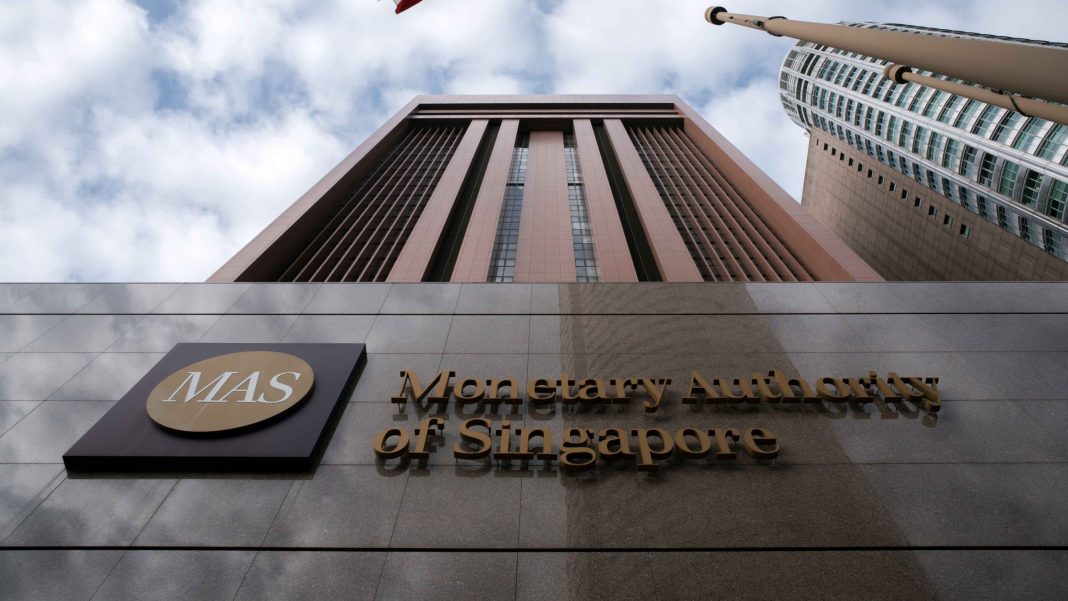SINGAPORE: The Monetary Authority of Singapore (MAS) has issued a stern ultimatum to cryptocurrency service providers: stop serving foreign clients from Singapore without a licence — or face jail time and fines.
Effective June 30, 2025, all digital token service providers (DTSPs) based in Singapore must obtain a formal licence to offer services to overseas customers, or immediately cease such operations. Failure to comply could result in up to three years’ imprisonment and fines reaching S$250,000 (USD 200,000).
This directive, announced under Section 137 of the Financial Services and Markets Act 2022, marks one of the most uncompromising crypto crackdowns in the region.
There are “no backdoors”
Unlike during previous regulatory shifts, no transition period will be granted. Unlicensed companies must shut overseas-facing operations or relocate — with many already doing so.
“Singapore is cleaning house,” said Hagen Rooke, a partner at Gibson, Dunn & Crutcher. “It’s de facto shutting down the industry that was operating on the fringes.”
MAS has justified the move by citing heightened money laundering risks, especially for firms that operate in opaque jurisdictions but claim Singapore as their regulatory home.
“If a business is incorporated in Singapore, it is considered to be operating in Singapore — regardless of where its customers are,” MAS stated.
That effectively shuts the door on firms using the city-state as a springboard for unregulated overseas ventures, closing off a loophole long criticised by international regulators for leaving open the possibility of money laundering.
Hong Kong and Dubai emerge as alternatives
Industry fallout has already begun. Exchanges like Bitget and Bybit are reportedly relocating teams to Hong Kong and Dubai, where governments have taken a more permissive stance on digital asset innovation.
“Singapore took a reputational hit during the crypto winter,” said Yuankai Lin, partner at RPC, referring to the collapse of high-profile ventures like Terraform Labs, whose founder Do Kwon was linked to Singapore during his attempted global evasion.
Now, Singapore is tightening its regulatory perimeter to restore global confidence in its financial oversight.
Why now?
In the aftermath of the 2022 crypto crash and mounting global scrutiny, MAS appears to be reinforcing its position as a regulator of financial integrity, prioritising oversight over innovation.
The move is designed to prevent regulatory arbitrage — the practice where crypto companies register in Singapore but operate in unregulated foreign markets.
Only firms with robust anti-money laundering (AML) and counter-financing of terrorism (CFT) frameworks will be eligible for the new DTSP licence. Existing licences under the Securities and Futures Act, Financial Advisers Act, or Payment Services Act will exempt companies from reapplying.
Strategic repositioning
Singapore’s message is clear: if you want to do crypto, do it right or don’t do it here.
While this may drive some players away, analysts say it is also a strategic repositioning — a move that distances Singapore from crypto’s “Wild West” image and prepares it for a more regulated, institutional future in digital assets.
“MAS is plugging gaps,” said Rooke. “They’re taking the regulator’s role seriously — even if that means shrinking the industry.”
A future with fewer loopholes
In the coming months, many eyes will be on who stays, who leaves — and who gets licensed. And while this may mean Singapore loses some crypto volume in the short term, the long-term gain may be far more valuable — trust.
As the city-state doubles down on oversight, many observers are hopeful that this is only the beginning of a broader cleanup. The fight for financial integrity doesn’t end with a single directive. It is a continuous pursuit — one that requires plugging not just existing loopholes, but anticipating new ones before they form.
In a space defined by speed and complexity, Singapore’s stand shows that clarity, caution, and credibility may still be the most powerful currencies of all.

